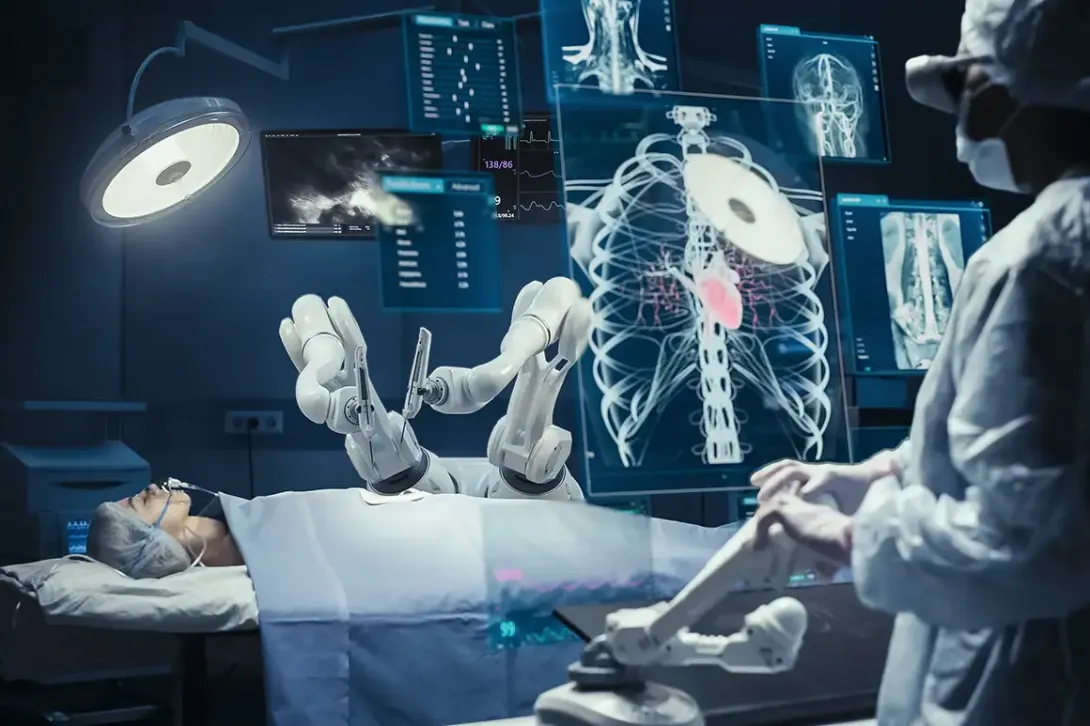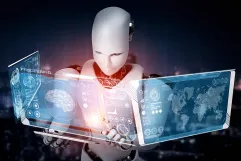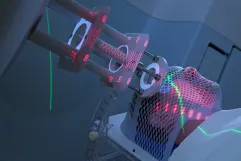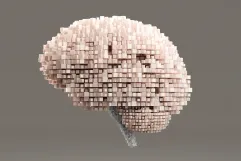
The importance of preserving the human factor
Current applications of AI in medicine focus on the use of machine learning models to search medical data and to improve the patient experience.
Although it may initially seem a paradox, technology can be used to build an even more humane medicine. Josep Munuera points out that it will probably “help to overcome the limits of communication between patient and doctor, helping to translate information or managing appointments efficiently”. At the same time, by allowing greater precision, “it will help speed up diagnoses”, which could lead to greater efficiency in the health system as a whole.
Munuera is fully convinced that, in the age of AI, “the role of the doctor must be more than ever focused on the human aspects, such as careful examination of and communication with the patient”. Freed from certain more bureaucratic or less valuable tasks, the healthcare professional will be able to regain a more humanistic dimension. At the same time, technological support “will require new regulation to provide clear answers to new dilemmas, such as who owns the intellectual property of a medical decision in which AI has been involved”.
Where are we headed?
Julio Mayol, on his side, believes that we cannot yet calculate how far all these new tools that will be implemented in the near future will bring us (at present, “we don’t know that we don’t know”, he says). Ignacio Medrano considers that human culture is not yet ready for a massive landing of AI in all aspects of existence, however, he is truly enthusiastic about the possibilities it may bring in medicine.
“Perhaps in diagnostic specialties, the presence of people will not be as important as before, as much of the procedure will be automated,” he explains. “But in any case, the human being will still be a crucial factor in the whole process. The contributions of our intelligence will also be relevant in those clinical judgements that require counterfactual thinking, where alternatives which do not coincide with what it is suggested by the data will be considered”.
In any case, the move towards data-driven healthcare has many advantages (a healthcare attention based on data). It will encourage collaboration between specialists and will prevent patient referrals through unproductive visits. It will facilitate the creation of drugs and combinations of drugs to be used in more and more specific situations and cases. And in general, we could say that it will make a decisive contribution in many areas of hospital practice, from patient care to precision surgery with robots, as well as the efficiency of early detection or clinical trials.
Science-fiction dystopias have time and again portrayed AI as a dangerous Big Brother, but if we use it wisely, it can be an excellent ally in taking medical care and patient healthcare to a new dimension.



